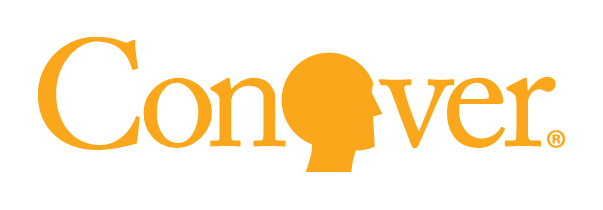
PBIS: Not just another “quick fix”
There are many trends in education that have come and gone over the years. The reason most trends don’t last long is because they try to quickly fix the problem by taking a single trait factor approach to student intervention. As a result, educators find themselves lamenting the following situations over and over again:
- “Tony doesn’t seem interested in learning how to read.”
- “Tamara never completes her assignments on time.”
- “José doesn’t pay attention in class.”
What single approach could be used to salvage these students?
The short answer is that there is none. There are many reasons and circumstances that have led to these statements. It is far too complex of a problem to be solved by a quick, single-factor approach. Whatever intervention that is decided upon to turn these students around must take a more wholesome approach in order to have any lasting impact.

PBIS: An Effective System of Intervention
Positive Behavioral Interventions and Supports (PBIS) is a term used to describe the proactive approach to establishing the behavioral supports needed for students to achieve social, emotional and academic success. PBIS, a school-wide approach to make schools safer and improve student behavior, brings together the worlds of academic instruction and behavioral intervention. According to Concordia University, The PBIS framework is based on four major elements:
1. Outcomes. Schools identify the target outcomes of their students, families and educators.
2. Practices. Schools develop evidence-based practices that help reach those goals.
3. Data. A data-collection process allows schools to continuously align or revise their practices based on the data collected.
4. Systems. The school works to develop systems to maintain PBIS over time.
So, how does PBIS work?
The beauty of the PBIS framework is that each school has the flexibility to develop its own program tailored to its specific student body. For example, PBIS might look like a points-based system in one school, while appearing as a friendly acronym-based system (like ARMOR — an acronym for Accountable, Respectful, Motivated, Organized, and Responsible) in another. What all PBIS programs have in common, however, is that they are assessed and teach students specific behaviors to create a positive school atmosphere.

PBIS and The Conover Company
The Conover Company has specialized in researching and developing products that address academic and social/emotional skills for 35 years. Our 50+ social/emotional skills assessments and skill intervention tools are evidence-based and tie academic and career goal setting (Personal Responsibility) to social/emotional learning (Success Profiler). Students who possess behavioral issues related to anger can benefit greatly from our anger management, conflict resolution and self-control programs. With over 9 million administrations and 140+ masters and doctoral-level research dissertations, papers and books, it is truly an evidence-based assessment addressing social/emotional learning for PBIS.
This is the first in a series of posts about PBIS. Check back for upcoming posts about Conover Online and PBIS!
